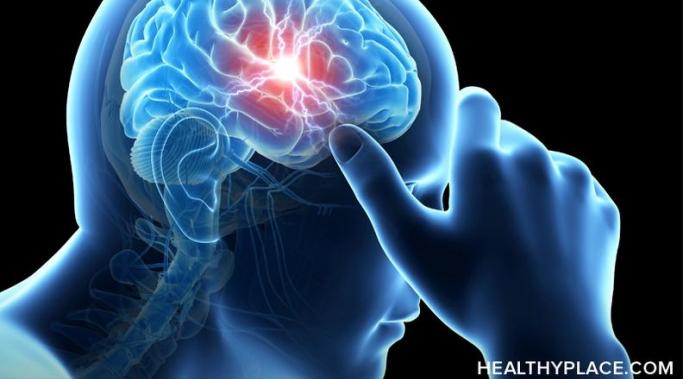Blogs
What is your reason to stay sober? Recently I went to southern Missouri for a family reunion. We're Scot-Irish, and we drink like fish. As an alcoholic, relapse was tempting, especially when they broke out the hard root beer, but I stayed sober. As one of my relatives observed, you have to have a reason to stay sober. What is your reason to stay sober?
Dealing with body memories in posttraumatic stress disorder (PTSD) recovery is one of the most difficult symptoms. Body memories differ from flashbacks. A flashback is a sudden, vivid memory that makes you feel like you are experiencing your trauma all over again. It's a physical feeling of being there, not just a normal memory where you are recalling what has happened. However, body memories are another type of way we relive trauma that, while far less intense, are still upsetting. Body memories are not so easily identified; they can cause mental problems for years before you recognize them as a body memory.
Setting intentions can improve your confidence and belief in your abilities. An intention is a like a goal, but more powerful and effective, in my opinion. Intentions are the dreams that you want to achieve and the feelings you want to bring into your life. The short-term gains from setting intentions are that they can help you get a grip on negative thoughts to more neutral or positive ways of thinking the long-term gains from setting intentions may be improved confidence.
Traveling with depression can be helpful and even healing, but it can also be stressful. Travel stress, or spending a lot of time in close proximity with other people and being out of normal routines, can sometimes provoke a worsening of depression symptoms. Here are some tips on travelling with depression.
When you have binge eating disorder you sometimes might find yourself overeating. There are certain times, such as holidays, celebrations, or events when overeating is part of tradition. But when you have binge eating disorder, you overdoing it is not the same as an average person overeating.
Knowing how to help a loved one through depression can be confusing. It’s common to hear people use the word "depression" and casually throw it around in everyday conversation. However, the serious illness that is depression, unfortunately, can strike at any time, and affect a loved one at a moment’s notice. It can be very hard for family and friends to see someone they love suffer. How do you help a loved one going through depression when you don’t understand it, and what approach should you take?
Difficulty sleeping relates to alcohol use and withdrawal. Alcohol is actually not a good sleep aid, contrary to popular belief. Sure, it helps you fall asleep more quickly, but can lead to a host of other sleep disorders, such as sleep apnea and sleep walking; plus, when used frequently, drinking alcohol can lead to alcohol dependence.1
In alcoholics, the effects on sleep of alcohol, or alcohol withdrawal, are much more pronounced. Here are some explanations and advice for what you can do in early sobriety to sleep more soundly.
Intense anxiety can seem to take over mind and body, and when you're a highly sensitive person, it can feel crushing. Each of the two states can be obnoxious on its own; combine living with intense anxiety and being a highly sensitive person, and it sometimes seems like there's no place to go where you don't feel wired, hyper-alert, overstimulated, and like a complete wreck (Why Does Anxiety Disorder Make You So Tired?).
You're not a complete wreck. Intense anxiety and being a highly sensitive person can make you feel that way, though.
I’ve talked about bipolar and travel before but mostly I’ve talked about how to not let bipolar ruin your vacation – but what if it does anyway? What if, in spite of your best efforts to avoid bipolar triggers, bipolar ruins your vacation?
Accepting and learning to cope with the diagnosis of dissociative identity disorder is hard. For those that have received a diagnosis of dissociative identity disorder (DID), it can be a tumultuous process.
Many are unaware of what DID is until they receive the diagnosis. For those that are aware of DID, there is often an unwillingness to accept the diagnosis of this mental illness and everything that comes with it, which can delay the coping process. There are a few things you can do to make accepting and learning to cope with your DID diagnosis little easier and make the path of dissociative living a little less rocky.










I believe she will only be able to rid herself of her demons, and hopefully her BPD as well, when she's ready to confront the abuse of her father. If she can put the blame where it belongs, she may stop projecting that victim/perpetrator cycle on the present men in her life. These demons are a metaphor for the purgatory she has created for herself. That reality has consequences in the real world, but it need not be real in the tangible sense. Exorcising her demons will require the expenditure of real physical energy and probably the destruction of aspects of her personality. If this ever happens, and it's possible but not probable, then these demons will evaporate. They are only as real as one's personality is real. In short, reality is not the question, it's what you make of the things you feel to be real.